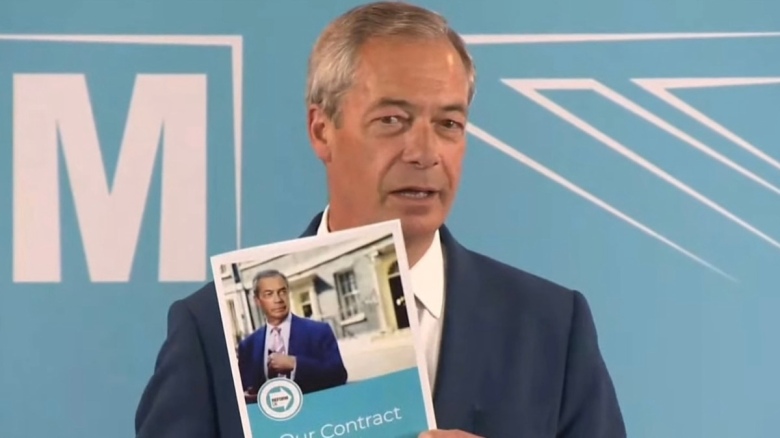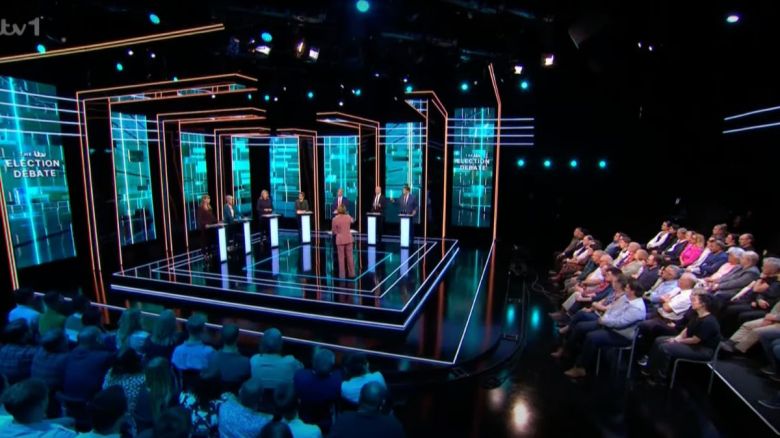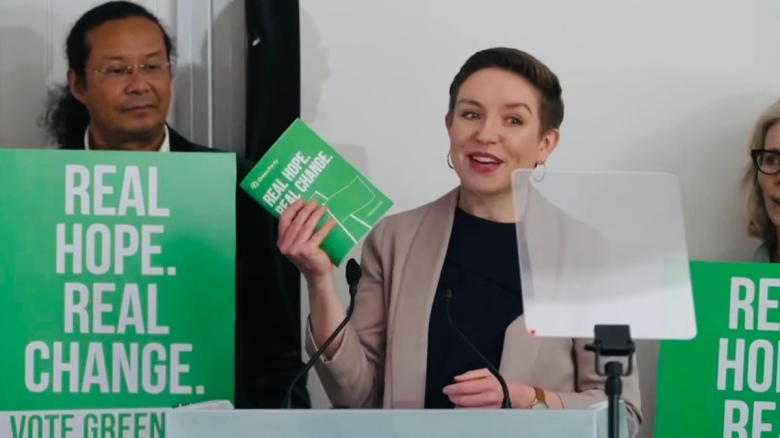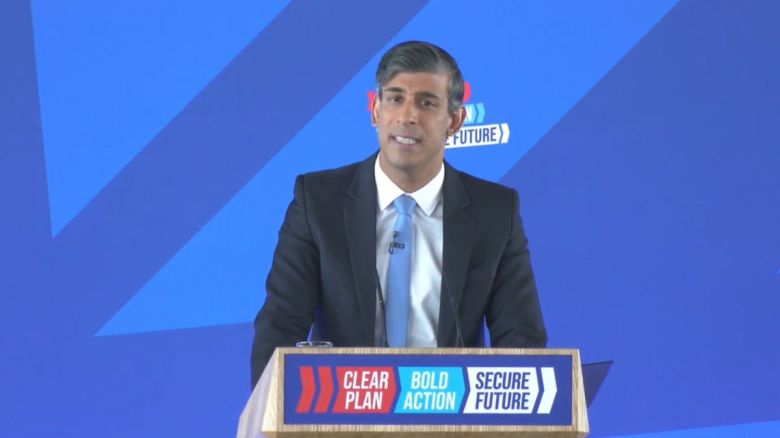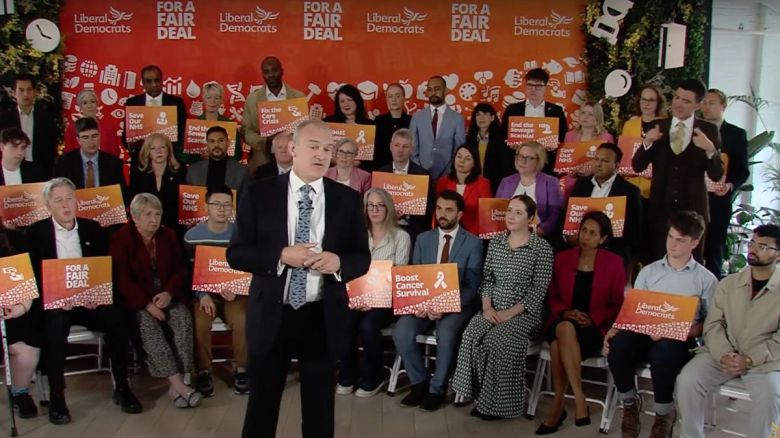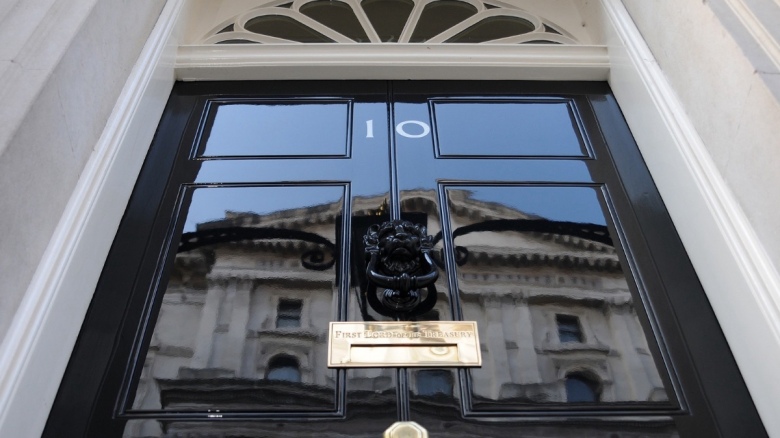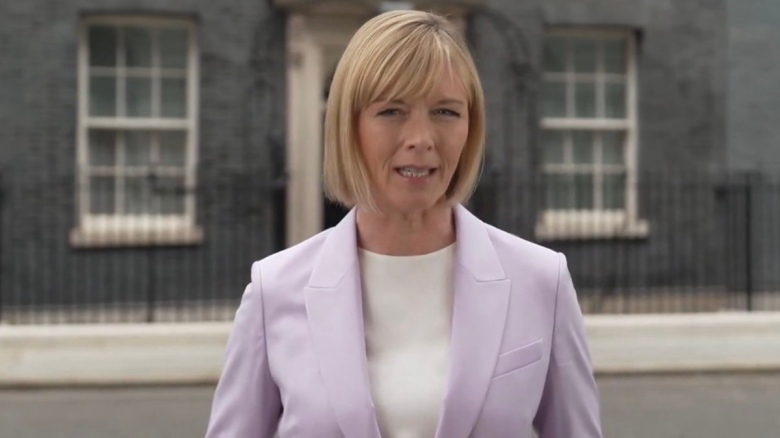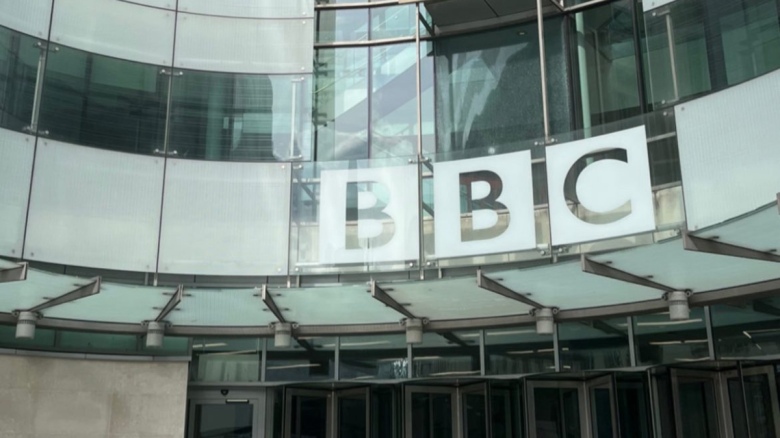Sir Keir Starmer unveiled the Labour Party’s manifesto, Change, in Greater Manchester on Thursday, with an on-screen British Sign Language (BSL) interpreter provided on the political party’s social media channels, but no signed version made immediately available to voters.
The provision of a BSL interpreter overlaid onto the Labour Party’s social media livestreams meant Starmer’s speech came was inaccessible to Deaf signers viewing the event via BBC News or Sky News.
The on-screen interpreter offered by the party has previously been criticised by Deaf campaigners, with actor and Labour member Katie Rowley describing the provision for Starmer’s speech with Scottish Labour leader Anas Sarwar on 24 May as “tiny” and “blended in with the video”, making the signing “unclear”.
She did, however, add that this may be because she also has a visual impairment.
Starmer was also called out for reacting to the general election announcement on 22 May with a press conference which came with no in-person or on-screen BSL interpreter – a decision which the Royal National Institute for Deaf people (RNID) said left it “disappointed”.
Rowley instructed disability lawyer Chris Fry to write a pre-action letter to Labour, sent last Monday, which claimed the actor and writer was “unable to follow” a speech delivered by Starmer on 27 May on the BBC “because it had no British Sign Language interpreter”.
Fry alleges the party “discriminated” Rowley by not providing a BSL interpreter, except the 27 May speech was streamed on Labour channels with an on-screen interpreter.
While Labour’s general election manifesto currently comes with a large print version, easy read, Braille, audio, screen reading and BSL versions are listed as being “available soon” at the time of writing.
The manifesto contains no explicit mention of deaf people or BSL, but sees Labour pledge to introduce disability pay gap reporting for large employers, “require all schools to co-operate with their local authority on […] SEND inclusion”, making disability hate crime an “aggravated offence” and “tackle the Access to Work backlog”.
During a Commons debate in May, it was revealed that 36,721 Access to Work applications were awaiting a decision from the Department for Work and Pensions as of 7 May.
Deaf and hard of hearing people are the second most common group of Access to Work customers at 12 per cent, and make up the highest percentage of total expenditure for the scheme at 36 per cent.
Images: @Keir_Starmer/Twitter.



